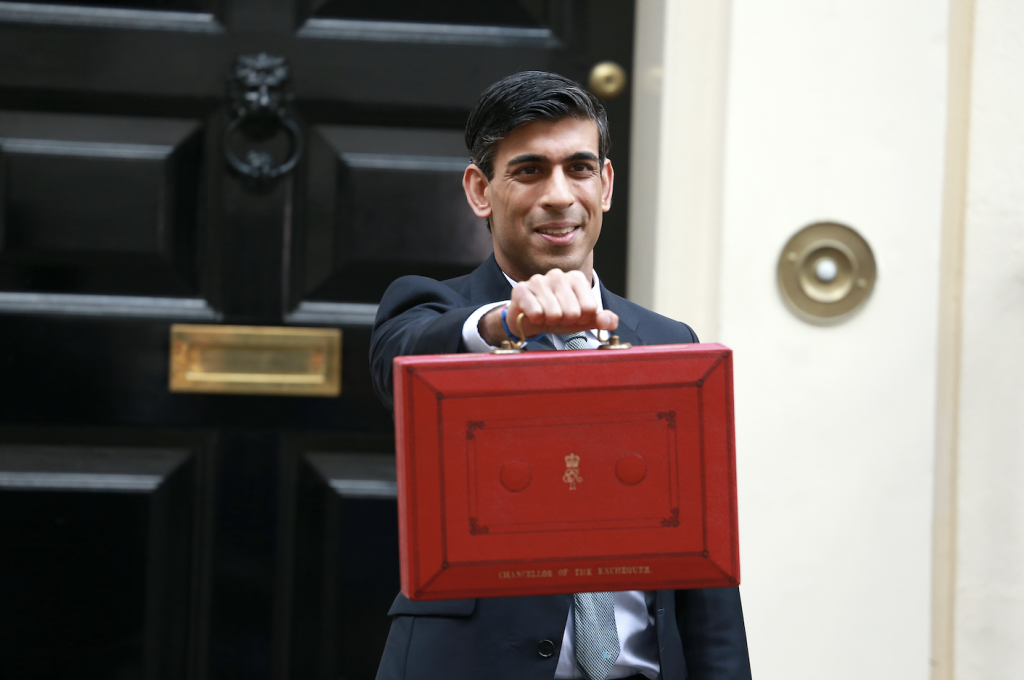The Chancellor Rishi Sunak has announced that a string of tax allowances will be frozen until 2026, although a larger-than-expected increase to corporation tax will not happen until 2023.
Giving his second Budget speech, Sunak says the budget was designed to continue to offer support to businesses and people through the remaining phase of the crisis, while looking to fix the public finances for the future. There were also measure designed to build the future economy which focus on green investments.
Sunak announced that furlough would be increase until the end of September, although business will pay more during July and August.
The headline measures included raising corporation tax from 19 per cent to 25 per cent. However this will not occur until April 2023. Businesses with profits of less than £50,000 will not be affected and will stay at the current rate.
There will also be a taper so only businesses with profits of more than £250,000 will pay the full rate. At the same time Sunak announced a ‘super-deduction’ scheme which for the next two years will reduce tax bills for companies that unlock cash reserves for investment.
While Sunak ruled out an increase to income tax, VAT or national insurance, he has frozen a number of allowances.
The personal allowance for income tax will be frozen, as will the threshold at which people start to pay higher rate tax. These though will increase as planned this April to £12,570 and £50,279 respectively and then be held at these rates until 2026.
The chancellor also confirmed that the pensions lifetime allowance, the nil-rate band for inheritance tax and the rate at which capital gains tax is paid will all also be frozen until 2026.
With inflation relatively low the freezing of these various allowances will have limited impact. But if inflation does pick up over the next few years – as many economists predict this will have a more marked effect, with more people being pulled into higher rate tax bands and finding themselves breaching these pension and inheritance limits, and paying more in tax — an effect known as fiscal drag.
Other measures include:
- Stamp duty holiday extended to June, with no levy on sales of under £500,000. This will then be further extended at a reduced rate of £250,000 until the end of September
- 600,000 more self-employed people will be eligible for help under government support scheme as access to self-employed grants is widened
- New UK Infrastructure Bank to be set up in Leeds. It will have £12bn in capital, with aim of funding £40bn worth of projects
- All alcohol duties to be frozen for second year running. No extra duties on spirits, wine, cider or beer
- Fuel duty to be frozen for tenth consecutive year
- An additional £1.65bn to support UK vaccination rollout
- £20 uplift in Universal Credit worth £1,000 a year to be extended for another six months
- An additional £19m for domestic violence programmes, funding network of respite rooms for homeless women
